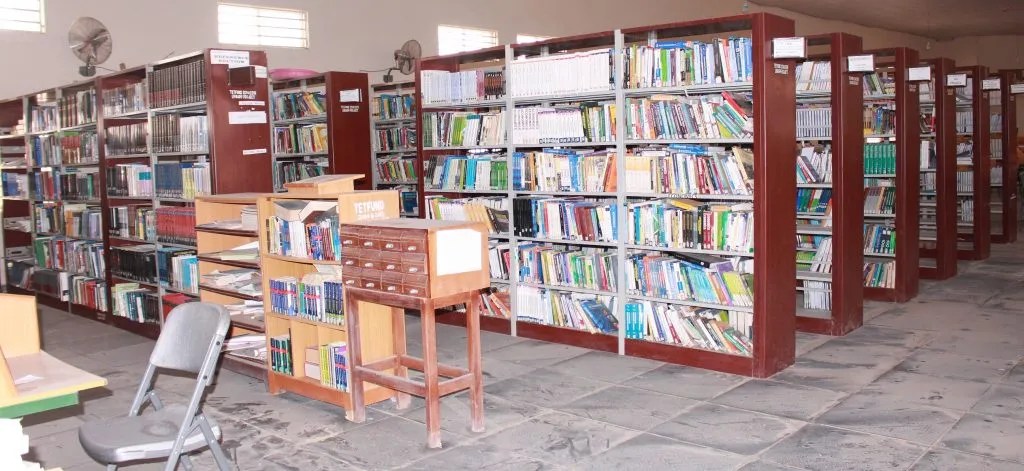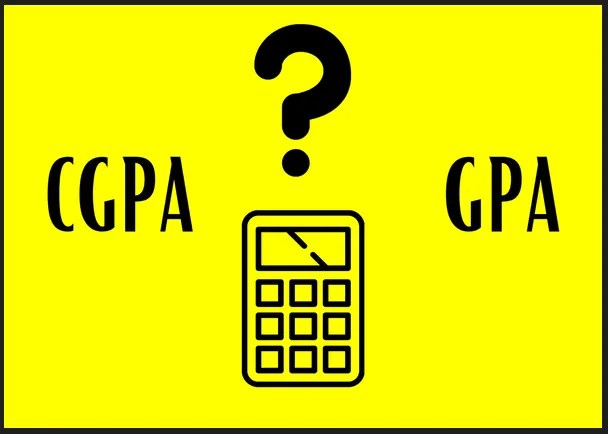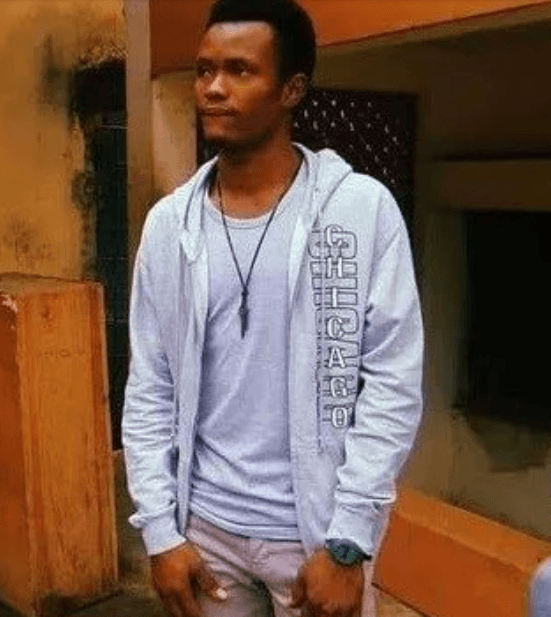
500 Students Across the Country Observed Solar Eclipse in Abuja:
No fewer than 500 students of public and private schools across the country on Sunday observed the partial solar eclipse at the National Space Research and Development Agency (NASRDA), Abuja.
A solar eclipse is an astronomical event that occurs when the moon passes between the sun and the earth and partially blocked the sun.
The News Agency of Nigeria (NAN) reports that the solar eclipse started in Abuja at exactly 1. 03 p.m. as predicted by NASRDA.
NASRDA provided the students and some Nigerians with instruments, including Eclipse shades to observe the eclipse.
Similar Posts:
The Supervising Minister for Science and Technology, Mrs Omobola Johnson, said the students were invited to motivate them to develop interest in the study science and technology.
“We invited these students to boost their interest in studying of science and technology which is the bedrock for industrialisation of any nation.
“That is why we are using this medium to encourage you to develop interest in studying science and technology, particularly astronomy and space science,” Johnson said.
Johnson, represented by the Permanent Secretary in the ministry, Mrs Rabi Jimeta, said the occurrence of the partial solar eclipse revealed that space technology was working in Nigeria.
She promised that government would continue in its efforts at ensuring the development of space science in Nigeria.
The Director-General of NASRDA, Prof. Seidu Mohammed, described solar eclipse as a natural phenomenon with no direct impact on climate change.
He described as false insinuations that occurrence of eclipse was an indication that the world was coming to an end.
“All that is happening is a natural phenomenon and there is no religious sentiment attached to it.
“This should help us to discourage the mysteries attached to solar eclipse by various religious bodies.
“From the scientific perspective, it’s just a natural phenomenon.
“The signal from geo-stationary satellites does not have effect on any of the communication gadgets like the GSM, aircraft and businesses,” Mohammed said.
Some of the students, who spoke with NAN, commended government for the opportunity to observe it at the centre, adding that it would boost their interest in studying science-related courses.
Mr Yat Japheth, a student of Baptist High School, Kubwa, FCT, said today was his first time of observing solar eclipse with such instruments provided by NASRDA.
Miss Peculiar Daniel, Scintillate Int’l Model School, Lokoja, said the opportunity would help her to know more about the sun, the moon and the earth.
Also, Mr Luru Adewumi, a teacher at the Oak Height Schools, Lugbe, Abuja, described it as an opportunity that some of the teachers never had when they were in schools.
Adewumi said the opportunity would not allow anybody to deceive the students about strange attachments to solar eclipse by people.
He said the experience would help the students to understand the practical aspects of science.
However, Mrs Akinwumi Arize, who brought her five-year-old son to observe the eclipse, said such gesture would help children to know how the galaxy and the universe operate.
NASRDA had predicted that a partial solar eclipse would occur in Lagos at 12:30 p m.; Kano, 1.07 p. m., and Enugu, 1.04 p.m.
It also added that the entire African continent would be affected by the partial eclipse, while some other parts of the world would witness total eclipse.
The agency predicted that another partial eclipse would occur in April 2014, March 2015 and September 2016. (NAN)
Did you observe the partial solar eclipse in your area? Kindly share your experiences!



